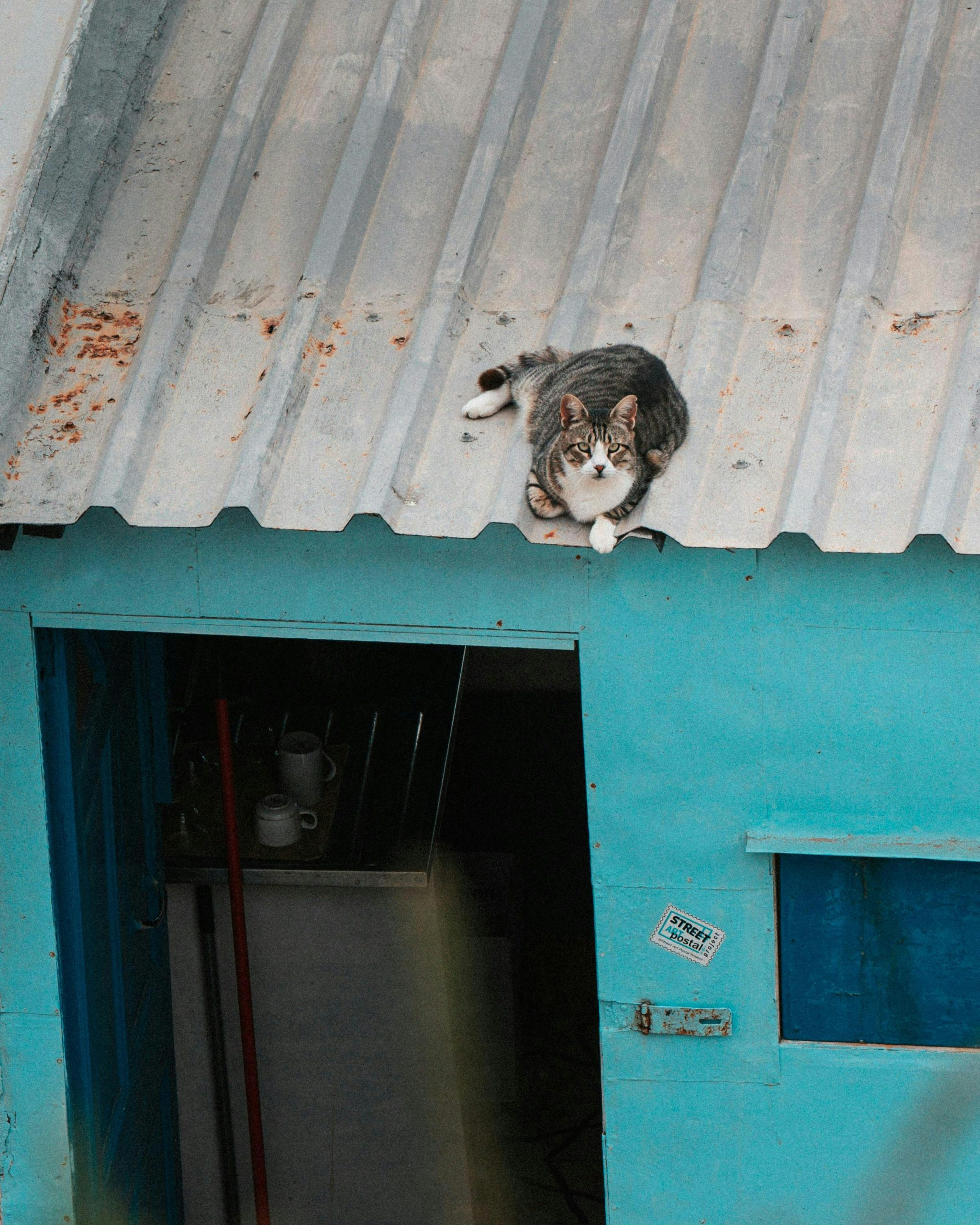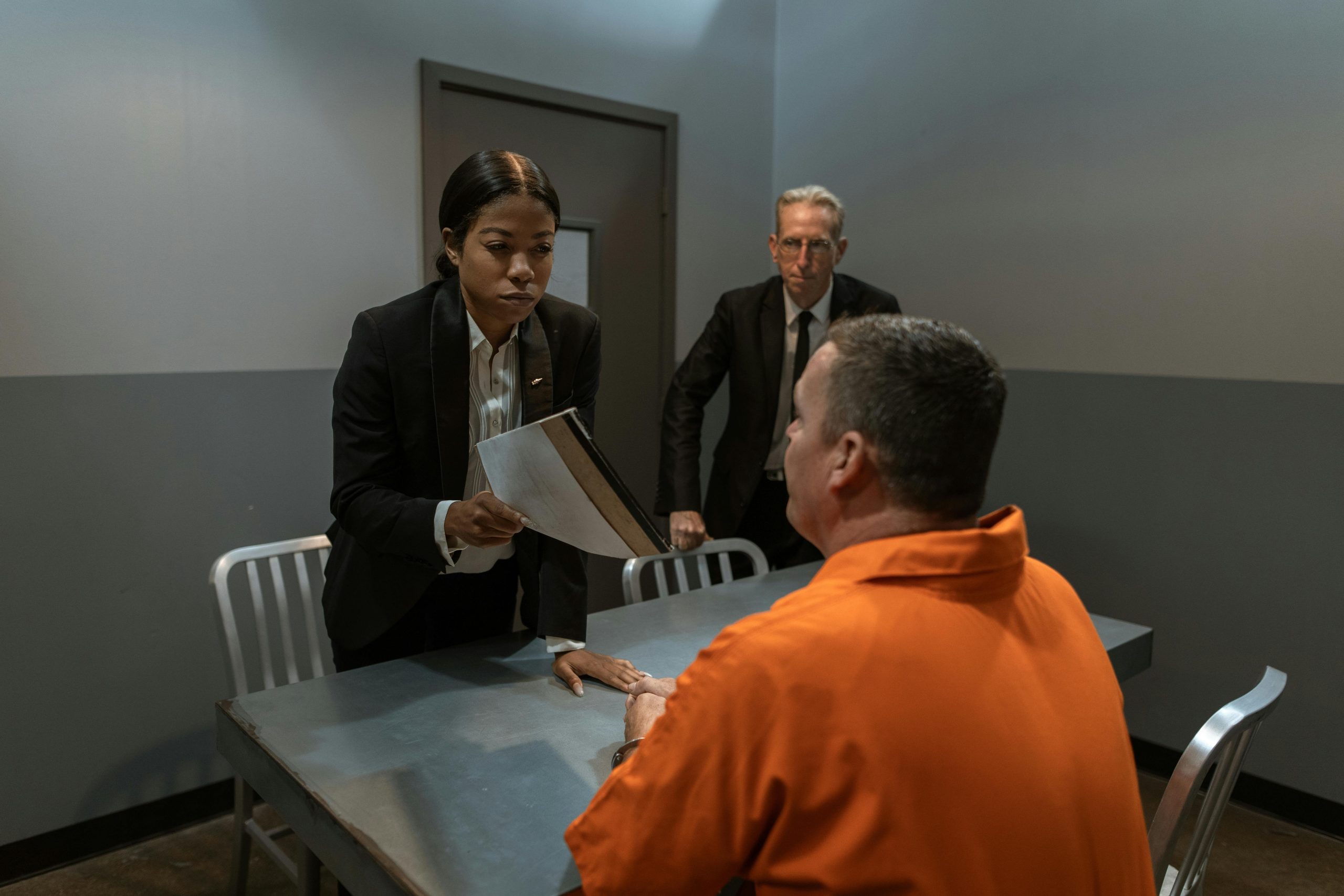The Intriguing Intersection of Space Exploration and Conspiracy Theories: A Closer Look at the Blue Origin Door Incident
In recent days, the realm of space exploration has witnessed an intriguing incident that has caught the attention of both enthusiasts and skeptics alike. Blue Origin, the aerospace company founded by Jeff Bezos, became the focal point of curiosity when a seemingly innocuous moment—a door mishap—spurred a wave of conspiracy theories. Notably, this incident has prompted some theorists to assert that it serves as ‘definitive proof’ that pop icon Katy Perry’s recent mission was fabricated.
The event unfolded during a scheduled Blue Origin launch, where an unexpected issue with a door drew attention from social media users and conspiracy theorists. Seizing upon this moment, these individuals began weaving a narrative that frames Perry’s involvement in space travel as a mere illusion designed to deceive the public. They allege that the door mishap hints at a broader conspiracy, suggesting that Perry’s mission was staged for publicity rather than an earnest foray into space.
While this assertion may seem far-fetched, it highlights a common theme among conspiracy theorists: the tendency to find alternative explanations for events that may otherwise seem mundane. The door incident, which would typically be classified as a technical error, was quickly transformed into a supposed smoking gun in the eyes of some skeptics. This phenomenon is not unique to this situation; time and again, technology-related missteps have been misinterpreted as evidence of larger conspiracies.
It’s essential to approach such claims with a discerning mind. The space industry is complex and fraught with challenges, including technical setbacks that can happen to any organization, especially those pushing the boundaries of human exploration. In Perry’s case, her mission is emblematic of the exciting intersections between art, culture, and scientific adventure, rather than a deceptive spectacle. Her engagement with space travel can be viewed as a catalyst for inspiring a new generation about the possibilities that lie beyond our planet.
As we delve into the realm of public interest in space exploration, it becomes evident that there is a delicate balance between genuine curiosity and the allure of conspiracy theories. The fascination with space is compounded by celebrity involvement, making any misstep—like the Blue Origin door incident—a ripe target for speculation.
In conclusion, while the interplay of space exploration and celebrity may give rise to sensational claims, it is crucial to base our beliefs on factual information and credible sources. Blue Origin’s endeavors, along with



